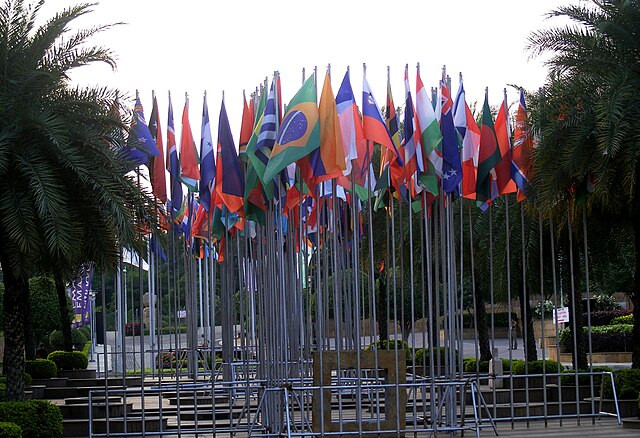After two weeks of intense negotiations, the COP28 climate summit concluded with a historic agreement, marking the first time a commitment to reduce fossil fuel usage has been included.
Media reports on December 13 revealed that the COP28 climate summit in Dubai, UAE, ended with a significant agreement facilitated by COP28 President and UAE President Sultan Al Jaber. Over 190 participating countries pledged to reduce the use of all fossil fuels, demonstrating a global commitment to cutting down on fossil fuel consumption.
Since the signing of the first global warming agreement by the United Nations in 1992, annual agreements have not included commitments related to fossil fuels.
This agreement sends an unprecedented signal to the global economy that governments worldwide are committed to reducing the use of coal, oil, and natural gas in favor of clean energy sources in their efforts to combat global warming.
The "Historic" Agreement The UAE, acting as a mediator for a compromise solution, initiated the push for a complete phase-out of all fossil fuels during this year's conference preparation stage. This initiative was supported by the United States, European countries, and nations at the forefront of climate change, while OPEC and other oil-producing countries opposed targeting fossil fuels. After intense negotiations on December 12, Jaber proposed a middle-ground solution, leading to a consensus among the parties.
The agreement calls for a transition to clean energy but does not include the term "phase-out." Instead, it adopts the Pacific Island nations' proposal to "transition away from fossil fuels in the energy system." The agreement urges:
- A just, orderly, and equitable transition in the energy system away from fossil fuels, accelerating action in the critical decade to achieve net-zero emissions by 2050.
- Accelerating the shift to clean energy by tripling the global renewable energy generation capacity and doubling energy efficiency by 2030.
Despite these commitments, the agreement still allows some leeway for oil and natural gas producers. It does not set a strict timeline for the transition and calls for countries to accelerate the development of low-emission technologies, including carbon capture and storage.
Nevertheless, the agreement is a significant milestone in the global shift towards low-carbon energy. Scientists emphasize its crucial role in achieving the Paris Agreement, a landmark climate accord.
German Climate Envoy Jennifer Morgan highlighted in the final plenary session that COP28's push to reduce fossil fuel usage sends a key signal to investors about the future of the energy market. The agreement could accelerate private investment towards clean energy sources like solar and wind power, rather than fossil fuel production.
Focus on "Action and Funding" While the outcome did not meet the specific goal of "phasing out" fossil fuels as desired by most countries, it did set a precedent by mentioning fossil fuels for the first time. The host country, the UAE, also broke new ground by inviting oil-dependent countries like Saudi Arabia to participate.
How quickly this goal can be achieved will not be determined by today's agreement but by investors, consumers, and governments. Two years ago, the Glasgow Climate Accord pledged to gradually reduce coal consumption, but consumption has continued to rise.
Jaber noted:
The effectiveness of an agreement depends on its implementation. What we do, not what we say, matters. We must take necessary steps to transform the agreement into tangible actions.
Rachel Cleetus, a spokesperson for the Union of Concerned Scientists, a group of over 200 scientists and researchers, stated:
The agreement is "quite good," especially in maintaining pressure on oil and natural gas producers. However, it falls "severely short" in providing funding for transitioning away from fossil fuels, particularly for poorer countries. Without funding, we cannot achieve our goals.




